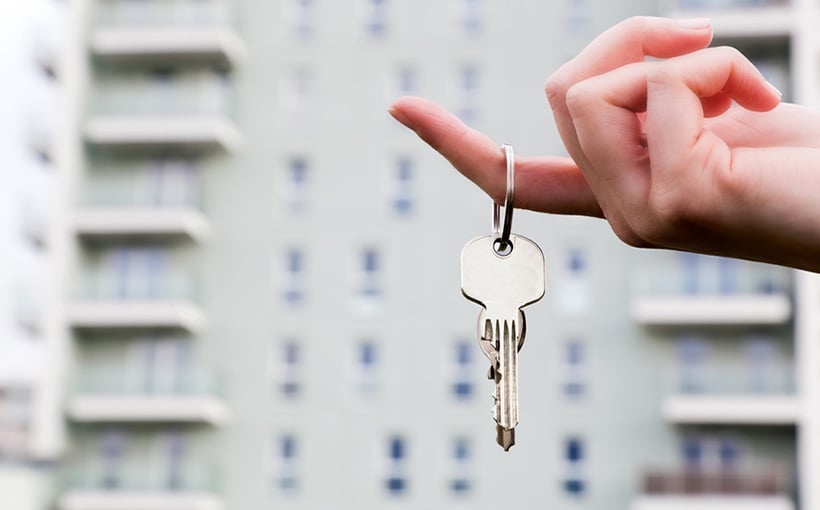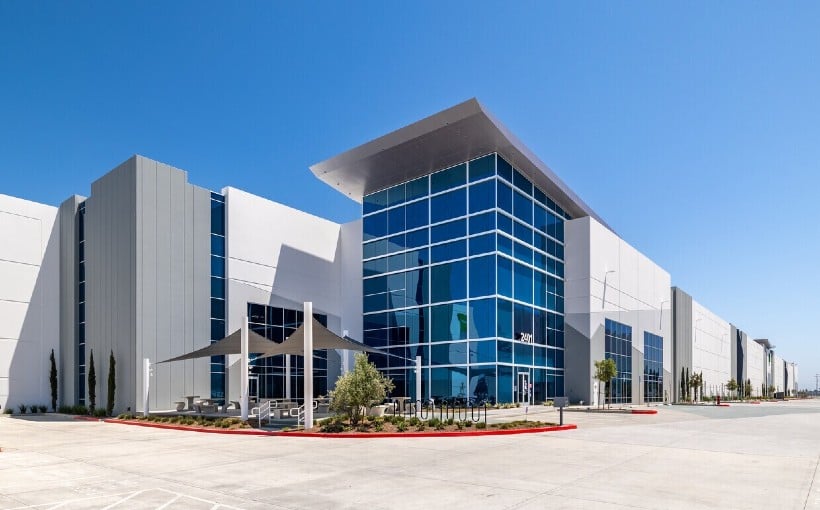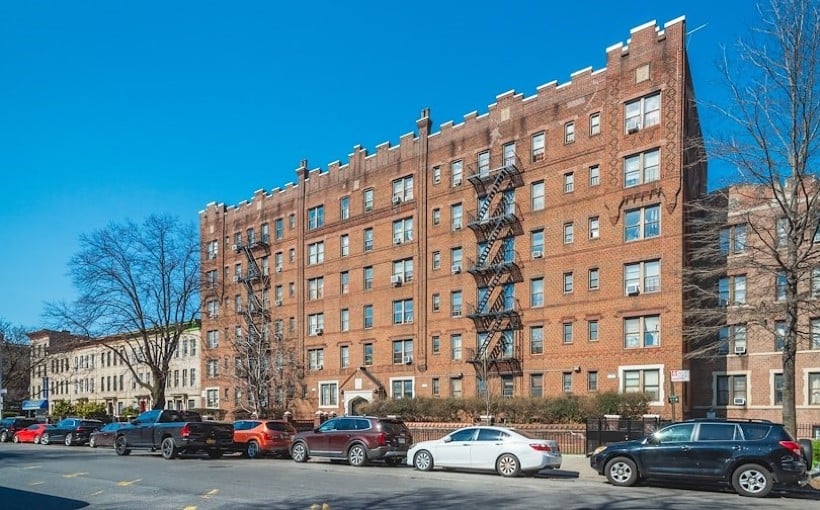**Natural Hazards and Like-Kind Exchange Impacts**

### By Julie Baird
Natural disasters and severe weather events continue to have a significant impact across the United States. From devastating tornadoes and hurricanes to unforeseen ice storms, heavy snowfall, and destructive wildfires, these events take a toll on both lives and properties.
For investors involved in 1031 exchanges—used to defer capital gains taxes and depreciation recapture on the sale of investment or business real estate—natural disasters present an additional challenge. Such events may impact both relinquished and replacement properties, posing difficulties in meeting the IRS’s strict deadlines for a successful exchange.
Interestingly, despite the increasing occurrence of natural disasters, they “don’t yet seem to be substantively impacting exchange volume in high-volume markets where natural disasters have occurred recently,” according to Julie Baird, President of First American Exchange Company. However, she cautions that investors should consider this as a potential long-term risk.
### The Rise in Natural Disasters
According to NOAA’s National Centers for Environmental Information, 27 confirmed weather and climate-related disasters occurred in 2024, each causing losses exceeding $1 billion. The total estimated damage surpassed $182.7 billion.
Baird emphasizes that real estate investors may face numerous post-disaster challenges, including rising property insurance costs and necessary strategic adjustments regarding 1031 exchanges. She advises that weather-related risks require continuous evaluation and re-assessment of investment strategies, particularly in the context of like-kind exchanges.
### IRS Tax Relief for Disaster-Affected Investors
Baird notes that natural disasters can prompt IRS tax relief measures, including extensions for 1031 and 1033 exchanges, which may benefit impacted investors and encourage reinvestment in affected areas.
Specifically:
– **Revenue Procedure 2018-58** allows for deadline extensions in federally declared disaster zones. This includes the 45-day replacement property identification window and the 180-day acquisition deadline.
– In some cases, investors may receive a further **120-day extension** or another IRS-designated deadline.
Baird explains that taxpayers and investors operating in federally declared disaster areas may automatically qualify for these extensions. Even those indirectly impacted—such as investors whose identified replacement properties were destroyed—could be eligible.
### Property Damages and Section 1033
If a property is destroyed and the owner receives insurance or condemnation proceeds, a Section 1033 exchange could be beneficial. Even if the owner did not intend to sell the property, receiving such proceeds creates a potential tax liability. However, owners can defer capital gains taxes by reinvesting the funds into a like-kind replacement property.
“The 1033 exchange allows more time for reinvestment than a 1031 exchange, with the timeline varying based on the property type,” Baird explains.
However, there are distinctions between these exchanges. While a 1031 exchange allows the exchange of any investment real estate for other investment real estate, a 1033 exchange requires the replacement property to be similar in nature. For instance, a damaged duplex must be exchanged for another residential property, while a retail storefront must be replaced with similar commercial real estate.
### The Importance of Preparation
Baird underscores the value of both 1031 and 1033 exchanges as tax relief tools for investors facing disaster-related property losses. However, she advises careful planning to mitigate risk.
“Taxpayers can minimize exposure by identifying multiple replacement properties in different geographic areas during the identification period,” she suggests. “Diversifying property choices reduces the likelihood of an exchange failure due to unforeseen disasters.”
Given the complexity of these exchanges, Baird encourages investors to collaborate early and frequently with Qualified Intermediaries (QIs), tax professionals, attorneys, and insurance experts. Taking a proactive approach can help investors establish a more adaptive investment strategy that accounts for disaster risks.
About the Publisher:
Steve Griffin is based in sunny Palm Harbor, Florida. He’s an accountant by profession and the owner of GRIFFIN Tax (www.griffintax.com) and REVVED Up Accounting (www.revvedupaccounting.com). In addition, Steve founded Madison Avenue Technology (www.madisonave.tech). With a strong passion for commercial real estate, he’s also dedicated to keeping you up to date with the latest industry news.




